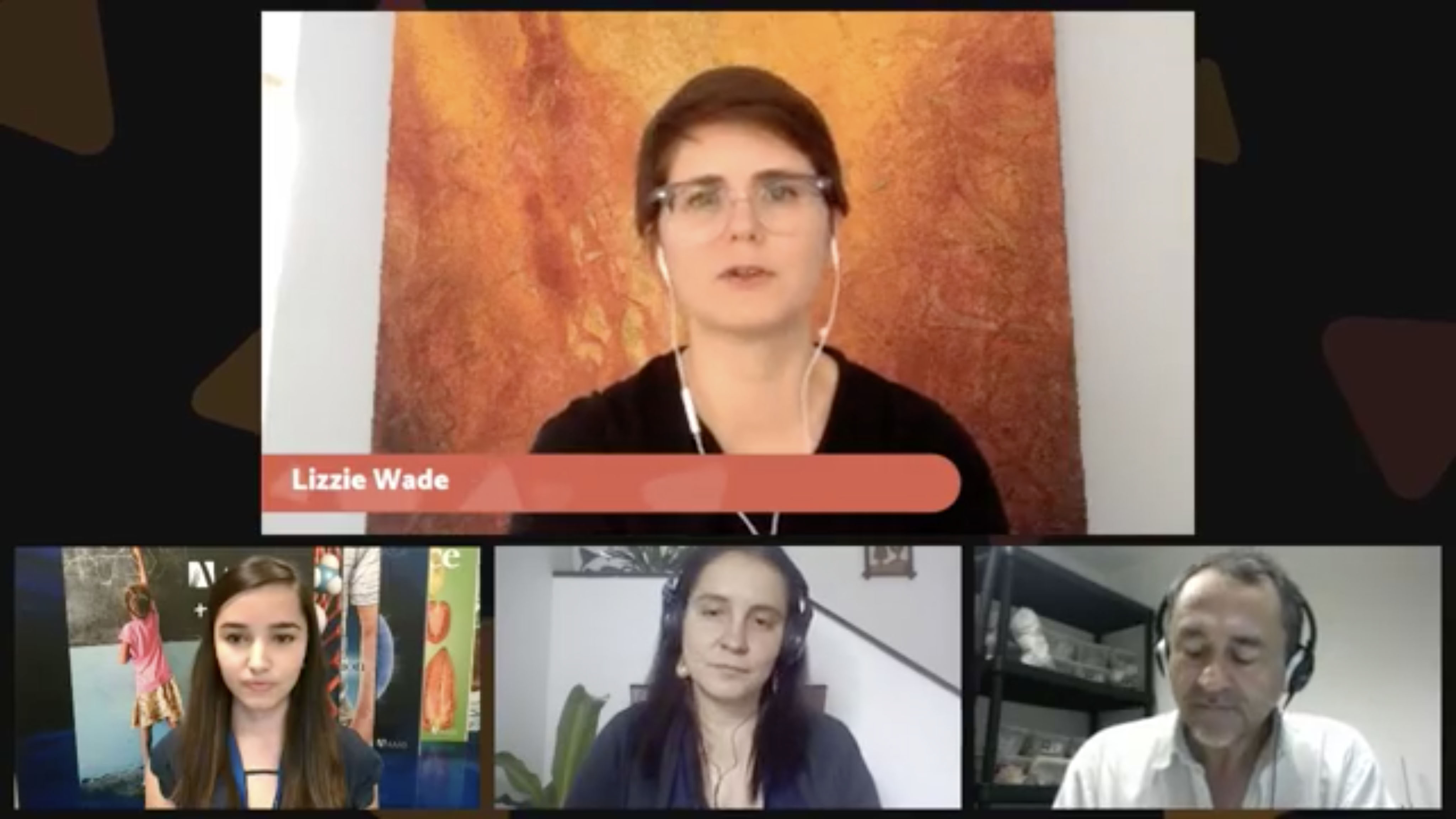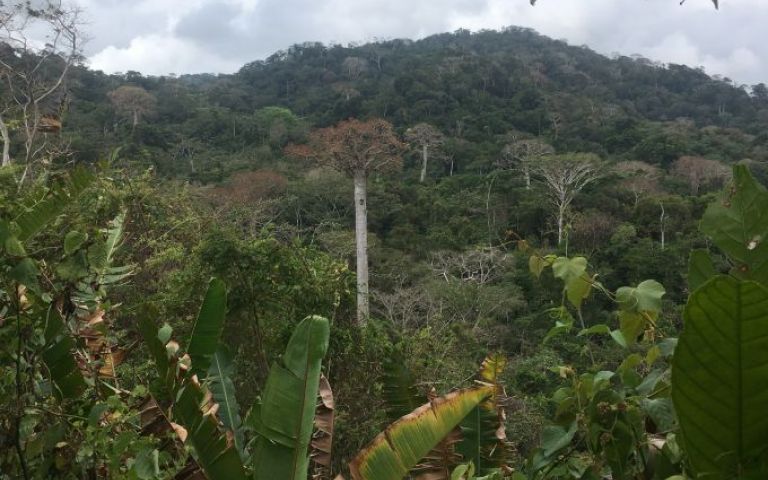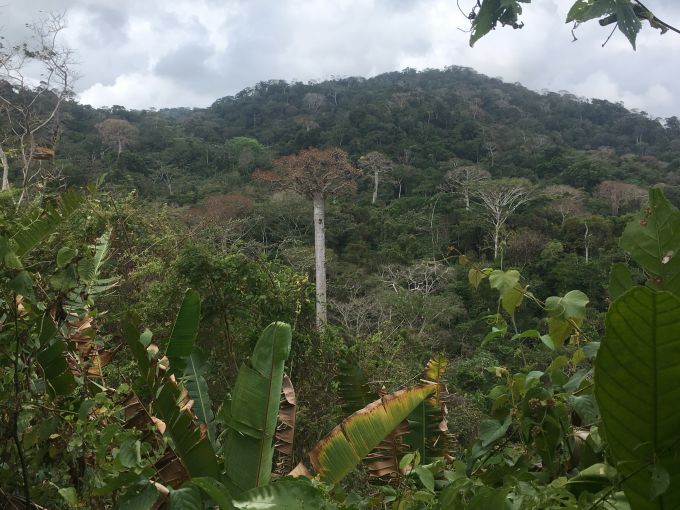
View Video (embed not available)
Areas in Colombia with a long history of conflict are now accessible to scientists. Local geologist Dr. Camilo Montes, biologist Dr. Mailyn Gonzales, and writer and Pulitzer Center grantee Lizzie Wade, traveled to these Colombian areas to study the biodiversity and geology of the country. In this Facebook Live video produced by The American Association for the Advancement of Science (AAAS), they discus the expeditions' discoveries and challenges.
Lizzie Wade is a contributing correspondent for Science, covering Latin America.
Camilo Montes has worked on the tectonics of the Caribbean and the northern Andes for several decades now. His research is focused on paleogeography and how different tectonic configurations through time may have impacted climate, global circulation, and life.
Mailyn Gonzales is Colombian and currently leads the conservation genetics team at Instituto Humboldt and is in charge of the Colombia BIO project Humboldt-Colciencias. Since 2010 she has been coordinating the national network for DNA barcoding and with Colombia BIO she has been involved in coordinating the biological expeditions and the associated genetic component.

Education Resource
Meet the Journalist: Lizzie Wade
Lizzie Wade, a contributing correspondent for Science magazine, covers research in Latin America...



